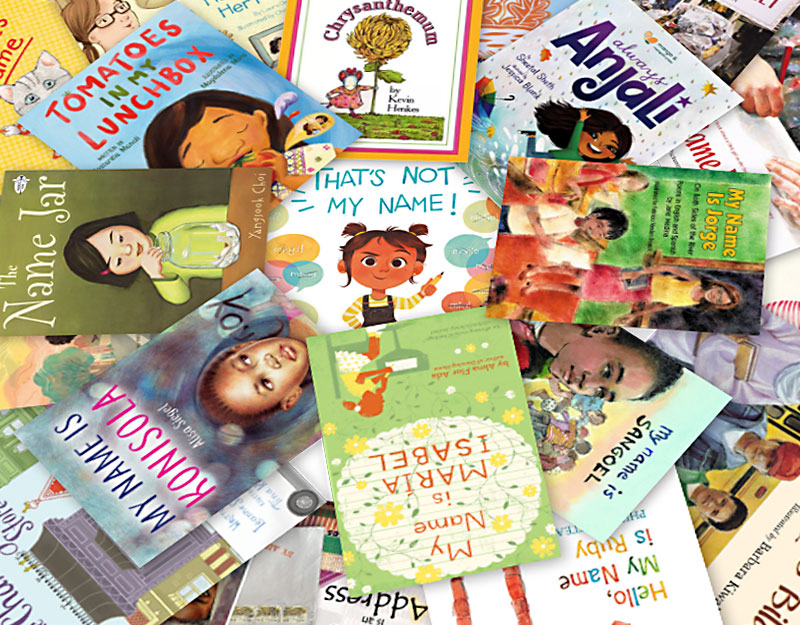Book Review: Permanent Record by Leslie Stella
 She’s peeling what’s left of some green nail polish off her pinkie. She says, “Bud, I’m still worried. You know, about that letter. That douche bag Dylan was telling his idiot friends that you were a weirdo- I heard him in History. And what about Trevor? He was whispering with his little pack of panting dogs that he thinks you wrote it, and you’re trying to mess with the paper because you’re jealous of him.”
She’s peeling what’s left of some green nail polish off her pinkie. She says, “Bud, I’m still worried. You know, about that letter. That douche bag Dylan was telling his idiot friends that you were a weirdo- I heard him in History. And what about Trevor? He was whispering with his little pack of panting dogs that he thinks you wrote it, and you’re trying to mess with the paper because you’re jealous of him.”
“You don’t think I really wrote it, do you?” I ask.
“You know I don’t, but listen: you don’t want these guys on your bad side. They can make life really unpleasant for people they don’t like.”
“Unpleasant?” I laugh. It’s a harsh, barking sound. “Unpleasant? Don’t forget who you’re talking to, Nikki.”
“I know it was bad at Sullivan, but these guys can be ruthless.”
Then it comes.
Not the panic attack. It’s the rage, and it’s on slow burn.
“Ruthless,” I say, “is being cracked in the face with a cafeteria tray, and the teachers on patrol don’t notice because they’re busy calling the riot police to break up a gang fight. Ruthless is being beaten with a golf club on a public sidewalk underneath the Safe School Zone sign. Ruthless is seeing towelhead and sand nigger Sharpied on your locker. Ruthless is watching am ambulance cart away a dead fourteen-year-old as you wait for the bus.” I tell her, “I can handle Magnificat’s brand of ruthless.”
ADVERTISEMENT
ADVERTISEMENT
She watches me. Those eyes are an astounding shade of green, and I have to turn away.
“All that?” she asks. “All that happened . . . to you?”
“To me.”
Sixteen-year-old Badi Hessamizadeh has been through everything: trying to find himself in a world that hates his heritage, dealing with depression and panic attacks, and bullying that goes far over into abuse. When he’s pulled from his public school and placed into Magnificat Academy under a new Americanized name, he tries to take things slow but is placed into the role of social outcast and starts to pull small acts of resistance to deal with the changes. When strange letters to the editor of the school newspaper appear hinting at tragedy for the school, all eyes shift to the newcomer, and while Badi and his friend Nikki try to clear his name and find the real culprit, Badi’s situation starts spiraling out of control.
Permanent Record tells the story through Badi/Bud’s voice, and you have to realize that he’s an unreliable narrator, but his story is so gripping and real to anyone who knows what huge high schools can be like. Horrible abuse (too much to call bullying) happened to Badi at his old school culminating in his striking back (revealed later in the book) and Badi was withdrawn, much to the shame of his family. His second chance is the private Magnificat Academy- as Bud Hess. Yet it’s obvious to Badi from the start it’s a no win situation: his shoes are wrong, as is his backback; he sits at the reject table; he doesn’t have a sport. Finally joining the newspaper after his father demands he have a school activity, he finds two friends- Nikki and Reggie. And as soon as Badi/Bud shows up, mysterious letters to the editor start appearing, all being attributed by the student body as being written by him. And all hinting at all the things going wrong at the school, and horrible things that will happen if things can’t be fixed. The mystery, added to Badi/Bud’s already complex character, make this a gripping novel. 4 out of 5 stars. As of March 16, 2013, Goodreads has Permanent Record listed as 4.25 stars.
NOTE: There is strong language, some graphic violence, and reference to rape in this book.
I tore through this book, couldn’t put it down. Badi (I hate to think of him as Bud) and his whole story really got to me: I wanted to know WHY he was released from the previous school, and WHAT had happened to make it so bad. I wanted to know HOW he was going to cope/not cope at his new school, and then when the mysterious notes started cropping up that we knew were not Badi I had to know WHO they were written by. And I loved the fact that I had no clue who was doing it- I had guesses, and was totally wrong, which is wonderful (it’s like a Moffat Sherlock episode!).
What I adored about this book is that it didn’t tone down the abuse (and it IS abuse- if this happened outside of an educational setting to an adult in a workplace there would be arrests) that Badi suffered at his first school. Nor did it tone down the situation at his new school: the all-out push for sports against everything else (currently happening in a host of areas across the country in the wake of budget cuts), the uselessness of the teacher, the reaction when he refuses to sell the chocolate.
At first his revenges are small, and easy. He refuses to sell the school chocolates. He refuses to blend in. Then as he shares what happened to him at his old school, he starts standing up for himself at his new school, and things start snowballing. On a second read, I understand why he gets more manic/ragey (huge spoiler so I won’t go into it but definitely worth another read) but I can’t help but wonder if someone should have noticed his actions at the climax sooner. The fact that he realized the actions were wrong, and changes them at the last minute makes for a stronger ending. I have hope for Badi.
Another faction that I loved was his family interaction and the shame that he’s made to feel for having depression and panic attacks. Part of it is his cultural heritage, but part of it is also the stigma we as a society have against depression. This is so extremely painful it hurts, and it’s all to real for anyone who has mental illness of any type. When you have depression and/or panic attacks, it’s a double stigma, because in life everyone is supposed to be happy and be able to deal with everything, and when you’re not, take a pill and get off the couch. It doesn’t work that way, and add in the fact that you’re shaming the family as well as dealing with your own issues is a double whammy.
I thought it was a really well written and thought out book, and would not have any hesitation recommended it to my older teens.
Filed under: Book Reviews, Bullying, Contemporary Fiction, depression, Diversity, Leslie Stella, Permanent Record, Uncategorized
About Karen Jensen, MLS
Karen Jensen has been a Teen Services Librarian for almost 30 years. She created TLT in 2011 and is the co-editor of The Whole Library Handbook: Teen Services with Heather Booth (ALA Editions, 2014).
ADVERTISEMENT
ADVERTISEMENT
SLJ Blog Network
2024 Books from Pura Belpré Winners
Passover Postings! Chris Baron, Joshua S. Levy, and Naomi Milliner Discuss On All Other Nights
Team Unihorn and Woolly | This Week’s Comics
Parsing Religion in Public Schools
ADVERTISEMENT








Sounds excellent!
Blah. It was a really, really boring book. I recommend it for people who like crappy mystery stories and no action whatsoever. I would give it a 1 out of 5 stars.